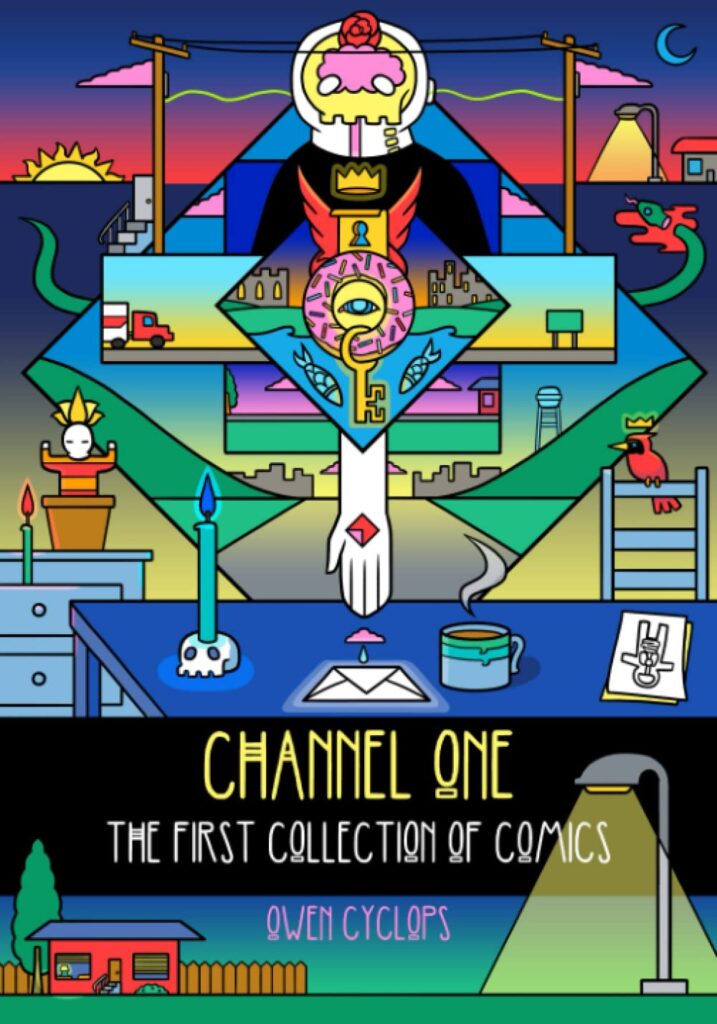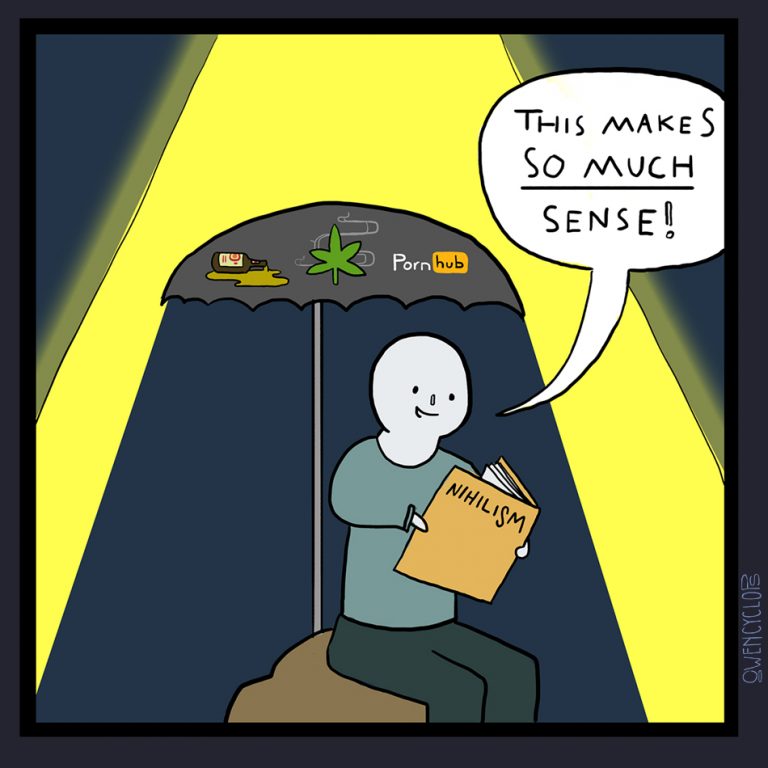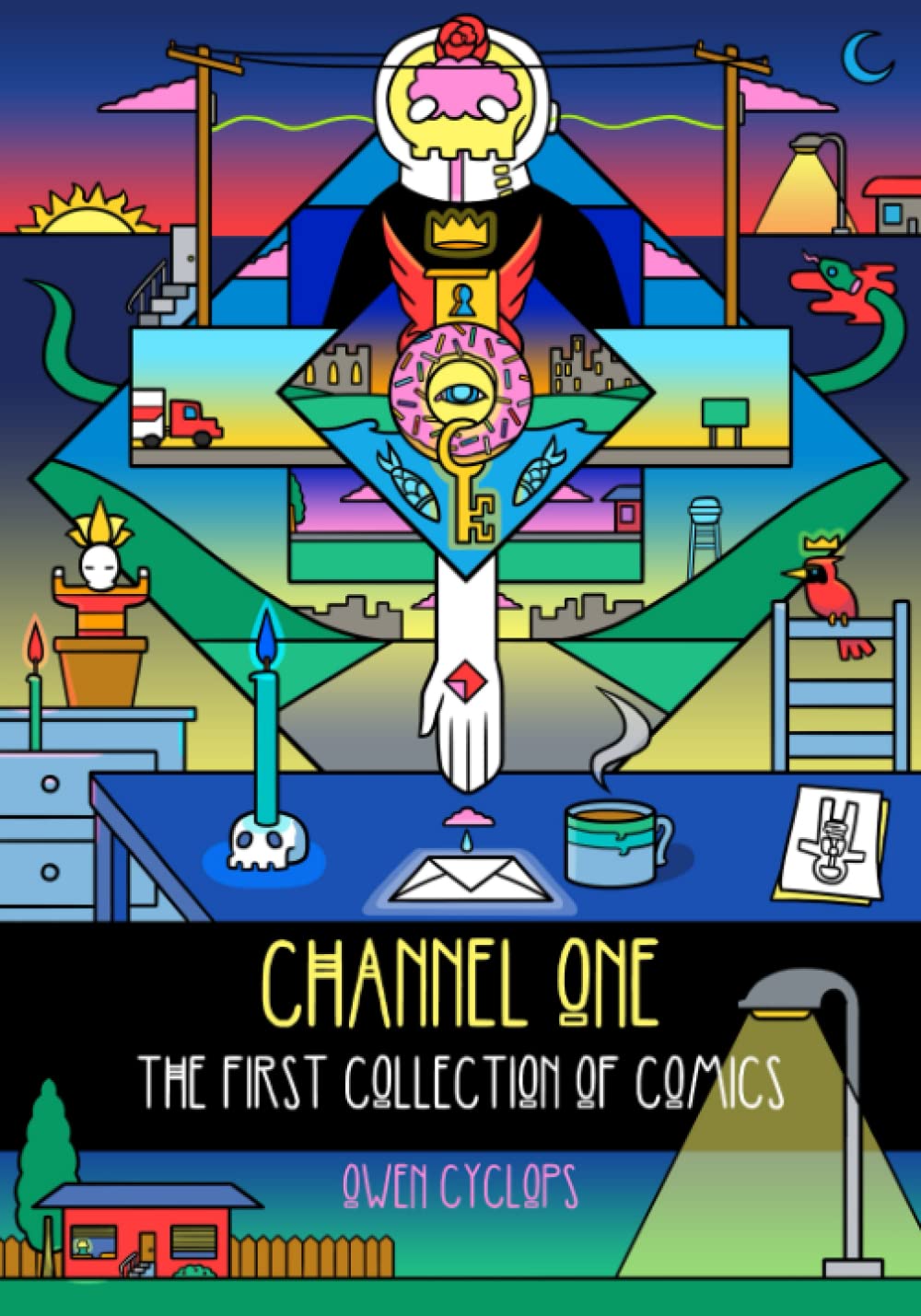
A friend recently observed that “We live in a society that so longs for what Christianity has to offer, but just can’t bring itself to re-accepting Christ.” This is not just a quip: it is one of the most interesting turns in popular discourse. Jordan Peterson, the University of Toronto psychologist, first popularized this notion in 2017 by lecturing on the Bible with the thesis that it contains ancient wisdom about how to live life and organize society well. He believes this is true even if the Christian religion is false. Interviewers regularly pressed Peterson on whether he believes in God or not and he always demurred. It is quite possible he does not believe in God, but he does believe in Christianity as an institution.
Jordan Peterson is not the only one. Shahi Hamid wrote in an Atlantic article that conservatives, in railing against American stagnation, recognize “that religion is a vital societal good, regardless of whether it’s true.” He cites Matthew Peterson, founding editor of the American Mind, who summarizes the sentiment animating the online right as “I may not be religious, but I’m looking around at the internet and everything I see and it’s disgusting and we need some kind of order and discipline.” Nassim Taleb sees the strictures of religion as a way to build cultural cohesion: he knows his brother is a reliable Orthodox Christian if he adheres to the difficult Lenten fast, even if it doesn’t really matter to a God. Scott Alexander sees religious practice as a way to protect a group from poorly understood risks (such as poisonous foods or genetic defects from inbreeding), or to inject randomness into processes that benefit from it (using divination to decide where to hunt for game). There are a dozen theories from activists and intellectuals about why Christian culture “works”, but everyone is quite comfortable dismissing the factor of Christ. Owen Cyclops, on the other hand, is an artist, a cartoonist, and a “fool” who was convinced of the necessity of Christianity by an entirely different route. The initial leg of this journey is documented in his debut print collection Channel One: The First Collection of Comics.
Owen’s comics document a double life. In one, he is a typical modern-day pagan, carried along by the mindless hedonism in which his peers stew: drugs, pornography, casual sex, video games and Netflix. In the other he is a voracious reader of the weird and forbidden: religious texts of all kinds, occultism, and conspiracy theories. No idea is too taboo for him to entertain. When he employs these studies “for the reputation of his own wit,” he is a great asset at parties. When he takes them seriously, he alienates his friends. It’s fun to joke about weather modification, but it’s disconcerting to suggest that there is a “weather modification” Wikipedia page that contains concrete (though modest) scientific achievements. While he may have lost friends with these topics, they have built him a successful Twitter following. Twitter thrives on novelty, and reading books no one else has read and making interesting connections with them is a sure path to compelling posts. Perhaps he began posting at just the right time: the comics in Channel One, spanning from 2019-2021, were first posted when reading Ted Kaczynski and watching Alex Jones “ironically” became a countercultural thumb-biting gesture towards arrogant institutional scientists and increasingly authoritarian bureaucrats.
Owen Cyclops’ comics are not in a consistent format, they change with his moods and goals. His work includes sequences of gag-a-day strips, aborted attempts at character-driven comedies, one-off single panel jokes, and “weird” fiction short stories. He sets himself apart from other cartoonists with his frequent esoteric references: John Calvin, Kabbalah, Roland Barthes, Japanese mythology, demons, and Fr Seraphim Rose. These are amusing to a Twitter crowd that thrives on being “in the know”, but this is not where his art benefits most from his curriculum vitae. Having digested all of these obscure books, the most humdrum parts of his life become strange and horrifying: being passively swept along by technological fads and socially aware marketing campaigns, a silent acceptance of pornography, the unthinking belief that all religions are equally true, debilitating nostalgia, and a TV diet of bitter nihilistic “comedies”. Critically, he is not drawing these comics from the viewpoint of a Christian who views these things as obvious opponents, but as one who sees these merely as the default. One of his most popular comics sums up this experience: absent any light of truth, the most destructive beliefs seem perfectly reasonable.

The most chilling comic in the collection is Owen’s retelling of his sexual history. He stumbled upon pornography on the internet, as a 10-year old, alone in the computer room at his grandmother’s house. There was no “groomer” or perverted friend or relative who introduced it to him, merely idle curiosity and opportunity. No one had ever discussed porn or sexual norms with him, and so he grew up with pornography unopposed. Likewise, no one had ever warned him away from premarital sex, and so he fell into it: first in committed relationships, but eventually in casual encounters. There he finds himself judged for his “sexual performance,” and that this performance negates any emotional connection he might have with his lovers. When he tries to talk about it he is mocked into silence. He believes, for some reason, that porn may help him perform “better”. No one told him one way or another. One of his girlfriends shares an apartment with a woman who serially pursues one night stands with grim resolve, as if this is simply what she is supposed to do. The woman is an emotional wreck, but his girlfriend at the time offers no comfort. Many friends in his circle seem traumatized by their sexual experience, yet no one can tolerate a discussion of any alternative.
These struggles are pretty intimate and embarrassing, and with graphic (but not titillating) depictions meant for mature readers, but his frank and honest discussion of them in his comics are valuable, because no one else is discussing them critically anywhere. A separate friend of mine runs a Catholic youth group. One day he brought up standard tenets of Christian sexual morality, and his teenage audience was puzzled. They were not even offended, they had just literally never heard these ideas before. Christian fathers and grandfathers have failed to teach these lessons. The result is not the triumph of an alternative sexual ideology, but a widespread unresolved confusion and a trail of casualties.
Christian evangelists have a great opportunity right now. Many people are unhappy with their lives, especially after two years of destructive COVID-19 lockdowns. Even before COVID, the cultural script has tended toward encouraging one to live alone in an apartment watching Netflix, at best working at an office job that makes no obvious contribution to American prosperity. This is not a happy script. “The world” has made an unforced error: openly displaying its wisdom as foolishness. And yet, there is still some residual resistance to Jesus as some disproven myth.The harvest is plenty, if we’re willing to be the laborers.
Owen Cyclops, despite his interest in the occult, has clearly found Christianity (of some sort) to be the truth. And it is clear that his belief in Christianity is not a mere belief in the institution, but a belief in its God. Though the collection does not lay out an orderly narrative of this discovery, it contains several lighthearted jokes about traditional liturgy and heresiarchs. The best explicitly Christian work in the collection is an original Psalm, glorifying the Lord with Halloween imagery, with Owen desiring himself to be a Jack-o-Lantern fit for a Heavenly Porch. It is not intended to transgress or provoke, but an earnest attempt at worship from an extremely nontraditional background. His work beyond this printed collection has become increasingly Christian. Besides manifold comics about Christian theology, he has produced an icon of St. Augustine, an illustration of the temptations of St. Anthony, a print describing how to pray the rosary, and a gorgeous, magnificently and conscientiously detailed Catholic Liturgical calendar . Despite this, he is, as far as I know, not officially a Christian. He is an Augustine in need of an Alypius, who can help him put aside his theology books for a moment and finally walk across the finish line and join the Body of Christ.
His comics are good. They are sometimes funny, sometimes incisive, and always imaginative–though dense with references that require a visit to Wikipedia. The religious comics take many more risks than the terminally “safe” Tomics without resorting to sacrilege for a cheap laugh. Most of all, his observations about our pagan society are deeply true, come from personal experience, and cannot be easily dismissed as the rhetoric of a Christian ideologue. This is as much a review of this book as his Twitter account, as this book is merely a collection of output. He is definitely worth following on Twitter. The main weakness of the book as a book is that it could have used some more organization and commentary that ties these wildly different works together. Owen provides occasional brief textual interludes that explains his artistic goals at the time, but it is hard to put them in context: when was this comic published, and what was going on in his life and in the world? If someone picks up this book without following the author online, they may be bewildered not just by the breadth of topics but how they are all tossed together.
As a piece of entertainment, this book is likely not for everyone. But Owen Cyclop’s testimony should be of interest to every Christian. Even the most pagan among us have a God-shaped hole. The delights of the world do not delight them. They know no response except to be quietly frustrated that the things they have been taught to value at best leave them unsatisfied, and at worst, leave them scarred. Their apparent hostility to the Gospel masks an earnest yearning for what it offers: not just Christian community or “Western Civilization,” but Christ Himself. Their hearts are restless, and can only rest in Him. Owen Cyclops and many like him are among the highways and hedges. We must seek them out and invite them until the House of the Lord is filled.

